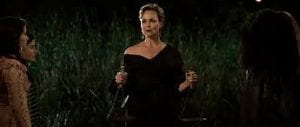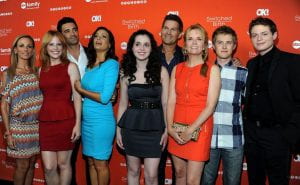Music like all art has duality. The Bold Type takes advantage of this duality by using each song to add an extra depth of meaning/emotion to its scenes.
In the finale of season one, the song Quiet by MILAK plays as Jacqueline takes the weights from Mia. Everyone’s silent stance is contrasted against the music’s lyrics, “ I can’t stay quiet”. The repetition of this lyric implicitly reflects Jacqueline’s acceptance to share her story with others. In that same episode, the last scene the music choice reflects the overall theme of the show. While Kat embarks on a spontaneous journey across the world, Jane leaves Scarlett beginning her solo career, and Sutton is dealing with a complicated goodbye the song Living Out Loud by Brooke Candy evokes feelings of hopefulness for all three girls and encourages living life to the fullest by stating “Living out loud, is the only way I know how.”
Songs also play a part in foreshadowing, like during the scene in S1E6 when Kat seems to be causally texting Adena about getting a new idea. While the song Fire in Me by Julia Stone could emphasize the ignition of Kat’s new daring idea, it also helps foreshadow the spark between Adena and Kat’s relationship.
It is an important observation that all the songs used in The Bold Type have a positive vibe to them, the reason according to the show’s music supervisor, Rob is simply to reflect the overarching theme of the show, Empowerment. He mentions that even though there are sad moments, the show is more concerned with
highlighting the triumphs of overcoming the sadness… – Rob Lowry
Overall the songs in The Bold Type are carefully curated and play a significant role within each scene. They are not just background noise, but rather a way to foreshadow later scenes and emphasize the character’s thought process.
PS here is the official The Bold Type playlist for anyone who reads this blog post.
https://open.spotify.com/user/abcfamily/playlist/6hwwl2PmUAWmuLDg4jaOLM

work cited:
https://ew.com/tv/2017/08/29/the-bold-type-music-soundtrack/
https://freeform.go.com/shows/the-bold-type/news/the-bold-type-official-music-guide-season-1


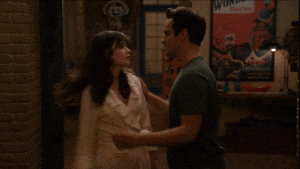
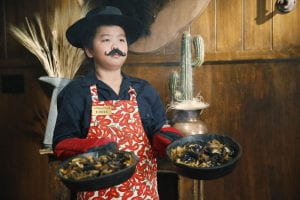
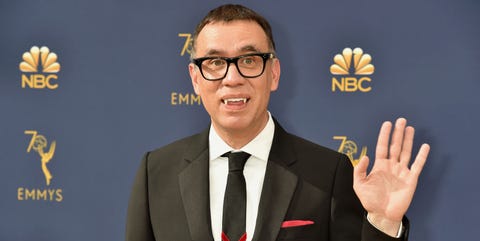


 other comic characters and heroes. There is also the part where Jessica Jones was made to be apart of the Marvel Defenders saga where she is only one of 4 stories or shows that are made and eventually lead to the Defenders TV show/fighting force. So basically a huge part of the underlying plot points going throughout the show is working Jones in with the other characters that she is destined to meet.
other comic characters and heroes. There is also the part where Jessica Jones was made to be apart of the Marvel Defenders saga where she is only one of 4 stories or shows that are made and eventually lead to the Defenders TV show/fighting force. So basically a huge part of the underlying plot points going throughout the show is working Jones in with the other characters that she is destined to meet.